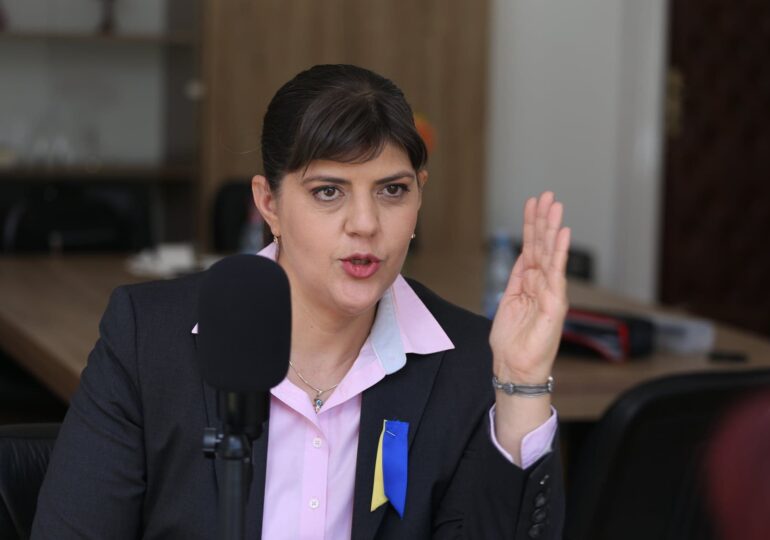The Chief Prosecutor of the European Public Prosecutor’s Office, Laura Codruța Kovesi, has noticed the direct involvement of the Italian mafia in VAT frauds committed in Romania.
„We have seen the involvement of the Italian mafia, which has moved part of its activities here. We have seen these online markets organized in Romania. So, I could say that Romania is not protected,” Kovesi stated.
According to the EPPO chief, Romania is not only attractive to the Italian mafia, but also to criminal networks from China. "Romania is not a fertile territory only for the Italian mafia, it is also for the Chinese mafia. We see groups from third countries practically invading Europe," Kovesi warned, for Libertatea.
She emphasized that organized crime groups are transnational, with members from both the EU and beyond.
Romania, vulnerable to cross-border groups
Kovesi also drew attention to the use of new technologies by criminal networks.
"We see a lot, for example, the trading of cryptocurrencies. Investing in cryptocurrencies seems to be a resource through which money laundering is attempted, but also the preservation of the criminal product. We see this as a trend also in Romania," she said.
At the same time, Romania is not exempt from risks related to the use of artificial intelligence.
Asked why Romania is so exposed to these networks, Kovesi explained that organized groups take advantage of all legislative vulnerabilities.
"They establish their headquarters in various member states, where they try to remain undetected. If, for example, tomorrow Romania becomes a dangerous environment for them, they move to Bulgaria and cause damage in other states," the chief prosecutor said.
Criminal networks involved in European fund frauds
Kovesi revealed that the Italian mafia was involved in European fund frauds as well, not just in VAT schemes.
"They commit any crime that brings them income. The Italian mafia was also behind some European fund frauds, including in the PNRR," she stated. These networks have access to billions of euros annually and can afford to hire experts - accountants, lawyers - who point out the weaknesses of each member state.
Regarding collaboration with Romanian authorities, Kovesi maintains that the relationship with the National Office for Prevention and Control of Money Laundering is a good one.
"So far, we have not had problems. There have been situations where they reported certain suspicious transactions to us," she said. However, she emphasized that the issue remains the lack of efficiency in detecting and reporting VAT fraud.

